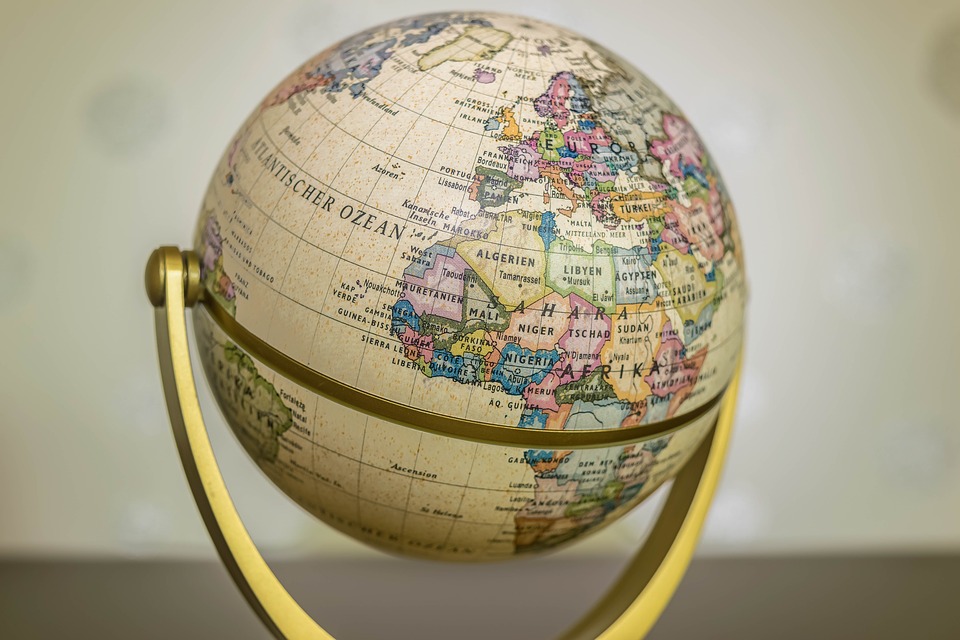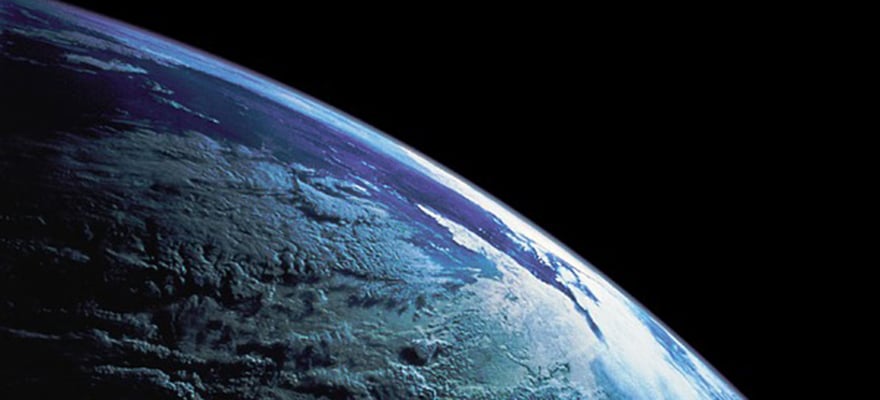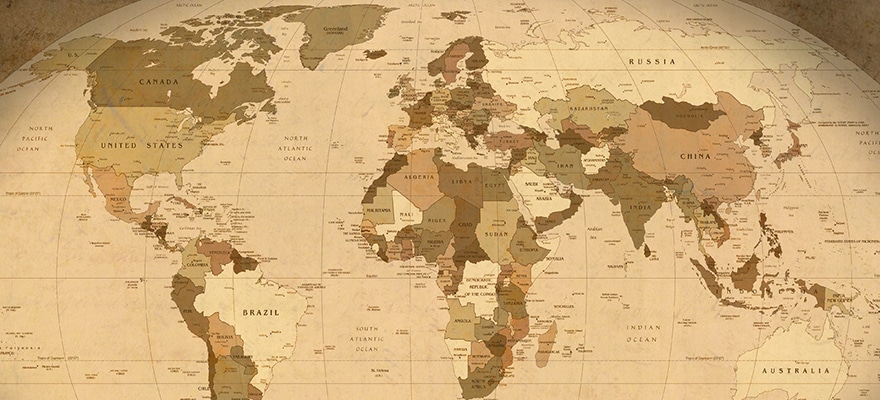This guest article was written by William Laraque who is the Managing Director of US-International Trade Services.
The financial press is at the moment obsessed with three concerns about global trade. They are:
- The effects of the Brexit
- The effects of the Trump election
- The impact of the resulting policy - the growth of opportunity and wealth for the previously disenfranchised
The Bankers
While bankers and trade financiers debate where their letter of credit businesses have gone and bemoan a rising tide of regulation as the culprit for their retreat from global markets and global trade, a process begun by Guy Tozzoli of World Trade Center Associates in 1979 has evolved to encompass thousands of industrial manufacturers and distributors in a wide array of industries, located in some 200 countries.
A Simple Idea
Guy Tozzoli's idea was a relatively simple one. A dear friend of mine worked at the time as I did at One World Trade Center. He worked with World Trade Center Associates and we would exchange thoughts on Tozzoli's underlying trade finance concept. The idea was to create an automated engine for the cross-border settlement of invoices generated by exporters against the purchase orders of buyers. This simple idea evolved to include the ERP (Enterprise Resource Planning) systems of both sellers and buyers as well as the mitigation of the risk of non-payment by the buyer overseas by using export credit insurance, provided by Coface.
This concept evolved into TradeCard, a credit-card like system to enable and automate trade settlement by bridging the financial gap, the need for financing the underlying transactions, while creating a complementary logistical Bridge . This system provided an important connection to participating financial institutions willing to finance the credit-insured export receivables.
Merger
In 2013, GT Nexus and TradeCard merged and represented a conflation of ERP systems, trade settlement, export credit insurance and logistics, the beginning of what is now known as a global e-commerce platform.
The combined company, a cloud-based global commerce platform, was purchased by Infor for $675 million in 2015. It is important to note that this platform was deemed valuable as it was sufficiently robust to function as a enterprise-critical, back-office operating system for trade settlement. The system had to be cybersecure and private. It had to be managed with integrity and scrutiny in order to protect the intellectual property of its subscribers and participants. As such platforms as Alibaba and Taobao have demonstrated, these standards are not easily achieved or maintained.
Investment and Clash
SaudiArabiais investing its sovereign wealth fund in 'Noon', the joint Saudi-UAE version of Alibaba and Amazon. At the same time Alibaba and its financial affiliate Ant Financial are attacking one foreign market after another, starting with India, Southeast Asia and Europe. Amazon is plying its cloud-based wares in India, setting up what will one day be a clash of Goliathan proportions.
Irony and David
I find it ironic that at a time of great concern about the effects of Donald Trump on global trade, Charles and David Koch are poised to make a major investment for a minority stake in Infor, valuing the firm at $10 billion.
Democracy
It is indeed counterintuitive that an investment that further enriches two of the richest men in the US should be viewed as diffusive of shared wealth and prosperity, but this is what cloud-based global trade platforms do.
While international trade and trade finance have traditionally been domains of the elite and wealthy, selling across borders on a secure global trade platform can democratize trade. This assumes of course that the participating entrepreneur is educated and prepared for such participation - a very large assumption indeed.
It is noted by the Brookings Institute that high school graduates today will be employed in occupations that do not yet exist. Planning for the global deployment of global trade and global trade finance platforms with their employment opportunities for programmers and entrepreneurs will soon present a challenge which educators, policy-makers, politicians and bankers are ill-prepared to deal with.


















